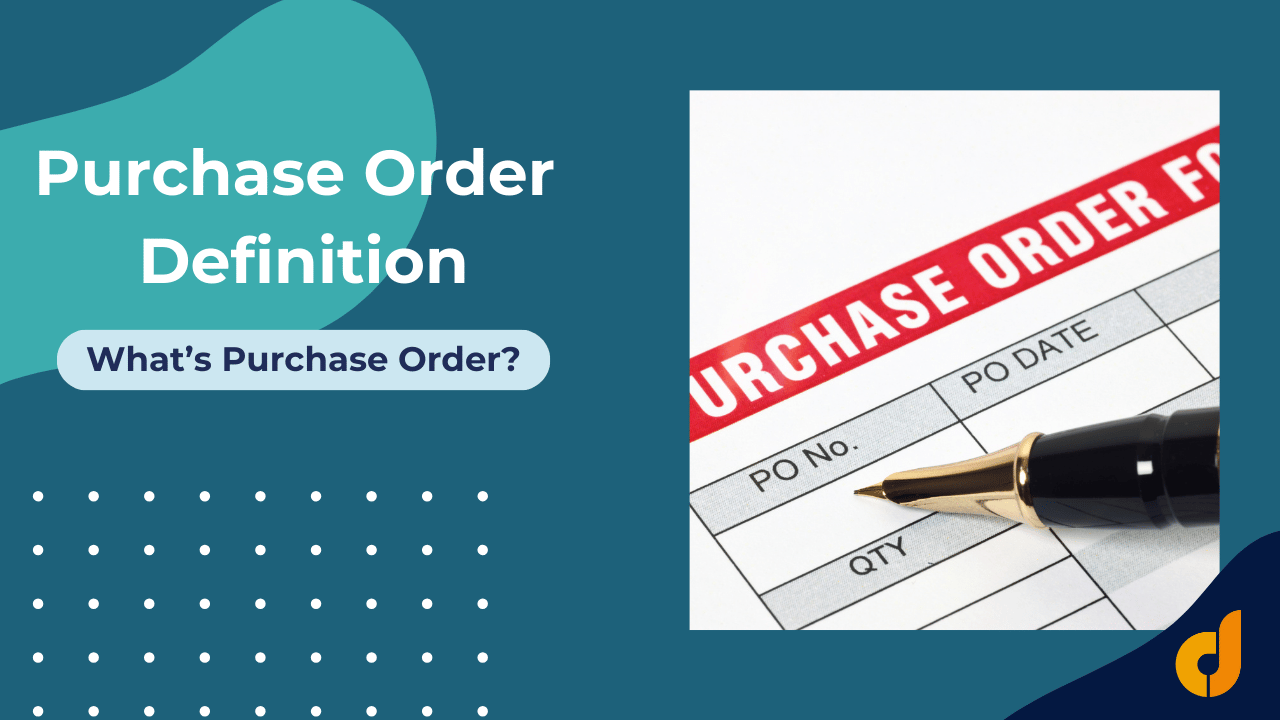In the world of business and procurement, the term “purchase order” often comes up. But what exactly is a purchase order? How does it function, and why is it so crucial in the purchasing process? This article provides a clear and concise definition of a purchase order, along with its purpose and benefits.
What is a Purchase Order?
A purchase order (PO) is a formal document issued by a buyer to a supplier, detailing the products or services they wish to purchase. It serves as an official request and outlines specific terms such as:
- Product or Service Details: Descriptions, quantities, and specifications.
- Pricing Information: Agreed unit prices and total cost.
- Delivery Terms: Deadlines, shipping methods, and locations.
- Payment Terms: Details on how and when payments will be made.
Once the supplier accepts the purchase order, it becomes a legally binding agreement between both parties.
Purpose of a Purchase Order
Purchase orders serve several key purposes in the procurement process:
Clarity and Communication: POs ensure all parties understand the exact terms of the purchase, reducing the chance of misunderstandings.
Legal Protection: A signed PO acts as a contract, protecting both buyers and suppliers in case of disputes.
Financial Management: POs help businesses track expenses, manage budgets, and maintain financial transparency.
Record Keeping: They provide a paper trail for audits, compliance, and future reference.
How Does a Purchase Order Work?
Here is a simplified workflow to understand how purchase orders operate:
1. Buyer Creates the PO:
The buyer identifies the need for goods or services and drafts the PO with detailed specifications.
2. Supplier Reviews the PO:
The supplier evaluates the terms and accepts or negotiates changes.
3. Order Fulfillment:
Once the PO is approved, the supplier delivers the goods or services as outlined.
4. Payment Processing:
After delivery, the supplier sends an invoice referencing the PO for payment.
5. Record Keeping:
The PO is stored for future audits and operational reviews.
Why Are Purchase Orders Important?
Purchase orders bring structure and accountability to the procurement process. Here are some reasons why they are indispensable:
- Error Reduction: Detailed documentation minimizes mistakes in orders.
- Efficient Workflow: Automated POs speed up approvals and tracking.
- Budget Control: Helps businesses manage their spending effectively.
- Supplier Relationships: Ensures smooth communication and trust with suppliers.
Purchase Order vs. Invoice: Key Differences
While purchase orders and invoices are both essential documents in procurement, they serve different purposes:

When Do You Need a Purchase Order?
Purchase orders are useful in various scenarios, including:
- Large or Recurring Orders: To maintain consistency and track deliveries.
- Vendor Management: To establish clear expectations with suppliers.
- Internal Approvals: To ensure all purchases align with organizational policies.
- Audit Trails: For financial accountability and compliance.
Conclusion
A purchase order is more than just a document; it’s a cornerstone of efficient procurement. By defining the terms of a purchase upfront, POs streamline processes, reduce errors, and build trust between buyers and suppliers. This article gives a purchase order definition to better understand the meaning of purchase orders.
Ready to simplify your purchase order process? Tools like dashPO make it easy to create, manage, and track POs, giving your business the edge it needs to thrive.



